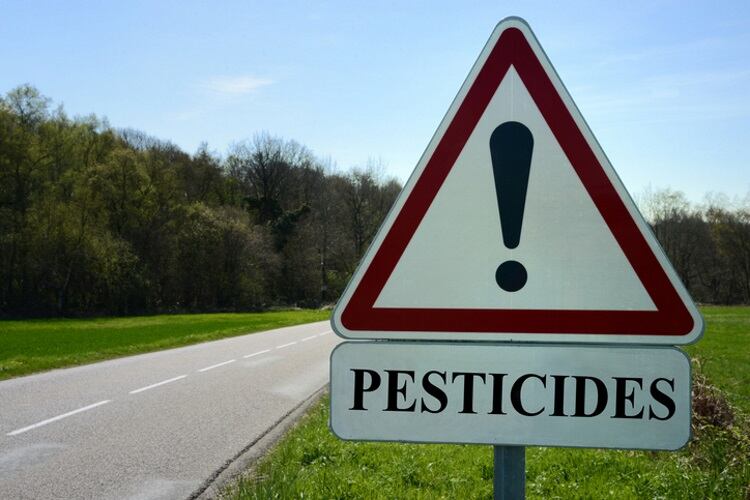Healthy Eating Week (13-17 June) is celebrating its 10th anniversary, which has prompted the non-profit to go all out with the ‘biggest and best’ event.
“School children today are more aware of the need to protect the environment than those who were in school 10 years ago when we held the first Healthy Eating Week,” said Sara Stanner, science director of the BNF.
“However, they aren’t yet necessarily making the connection between their food and eating habits and the health of the planet. The volume and proliferation of information sources that children are consuming 10 years on – many of which are sharing misinformation – is also causing confusion and may negatively impact healthy dietary behaviours.”
This year’s theme – Eat well for you and the planet – aims to debunk these misunderstandings and highlight not only what a healthy diet looks like, but how easy it is to follow.
“When Healthy Eating Week launched in 2013, 67% of men and 57% of women in England were classified as overweight or obese. This number is now 68% and 60% respectively and obesity levels among children are also rising. So, it’s clear more work needs to be done and raising awareness of how to achieve healthy eating and lifestyles needs to remain a top priority,” added Stannar.
“For Healthy Eating Week 2022, therefore, we would like to encourage as many individuals as possible to register and take part in the daily challenges.”
People and the planet
“As we look to the future, ensuring our diets are not just healthy for us, but for the planet, is critical – food production currently contributes to around 37% of greenhouse gases,” added Stanner.
“While the environmental impact of different foods can vary widely, there are some general principles we can all follow to aim for a healthier and more sustainable diet. For example, by diversifying our sources of protein to include more plant foods – such as pulses (beans, lentils and peas), nuts and seeds – we can improve our own health and reduce our environmental footprint too.
“In addition, food waste accounts for as much as 10% of total greenhouse gas emissions globally, therefore raising awareness about how people can waste less and reuse more is essential.”
She added, “Healthy Eating Week provides an opportunity to introduce healthy habits and build a healthier future generation that are also aware of the health of the planet.”
All are invited
The roots of Healthy Eating Week lie in engaging children and young people with healthy lifestyles and, on average, there are more than 5,600 school and nursery registrants in the UK each year.
David Harding, head teacher at Hinckley Parks Primary School in Leicestershire, said, “We are always keen to promote healthy food choices and healthy lifestyles. The British Nutrition Foundation’s Healthy Eating Week allows us to do this perfectly and enables us to build on the work that takes place throughout the year. The children learn about different food groups and what constitutes a healthy diet and are provided with opportunities to prepare, cook and eat healthy dishes.”
This year, the BNF wants to expand the campaign’s influence and is encouraging universities, workplaces, families and individuals to also take part.
All resources are evidence-based and backed by science, while activities will be tailored to different age groups and demographics. Registration in Healthy Eating Week is free.
The British Nutrition Foundation is a registered charity that delivers impartial, authoritative and evidence-based information on food and nutrition. Its core purpose is translating evidence-based nutrition science in engaging and actionable ways, working with an extensive network of contacts across academia, health care, education, communication and the food chain. It is not a lobbying organisation nor does it endorse any products or engage in advertising campaigns.
Study:
Xu, X., Sharma, P., Shu, S. et al. Global greenhouse gas emissions from animal-based foods are twice those of plant-based foods. Nat Food 2, 724–732 (2021). https://doi.org/10.1038/s43016-021-00358-x





